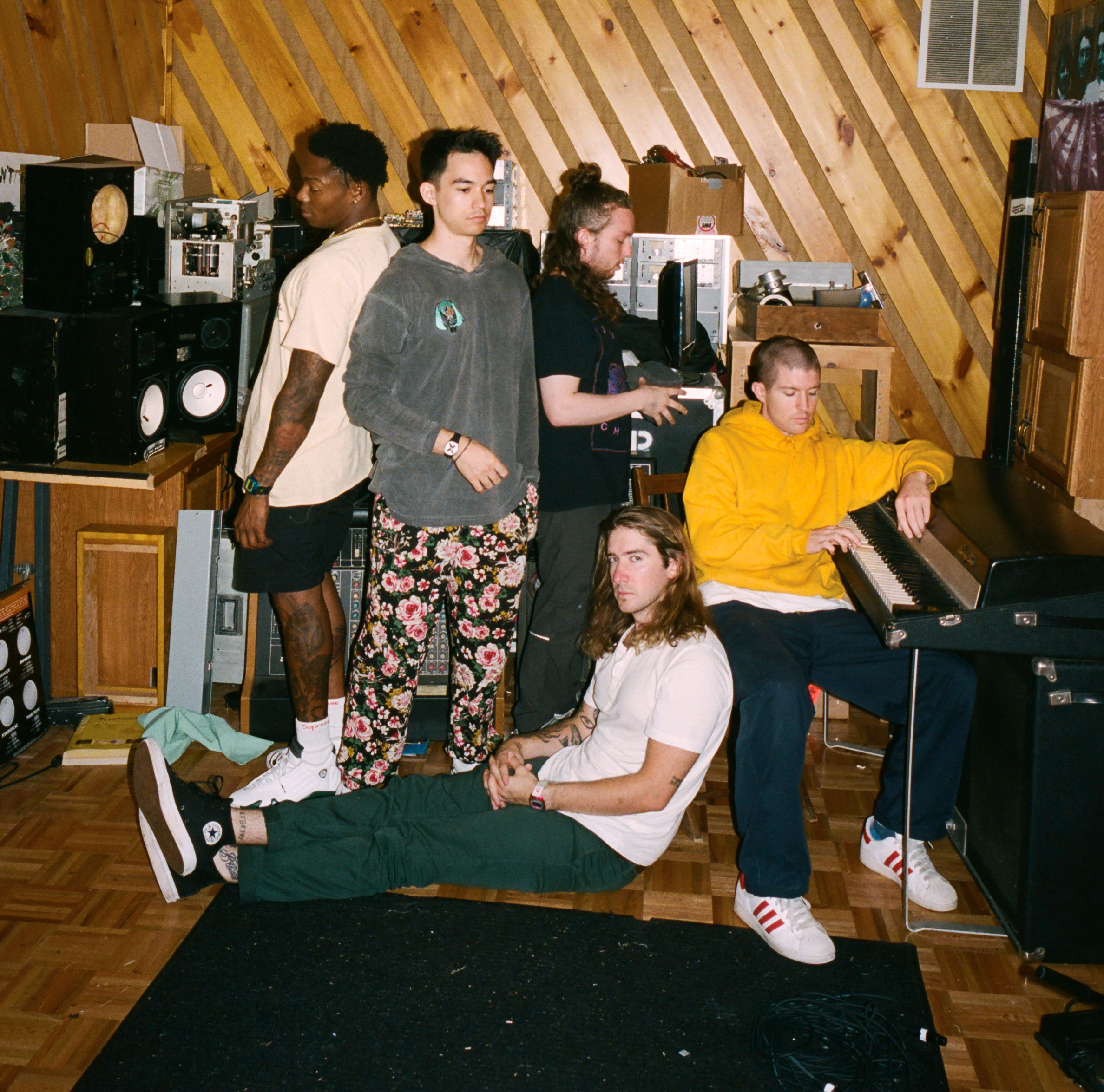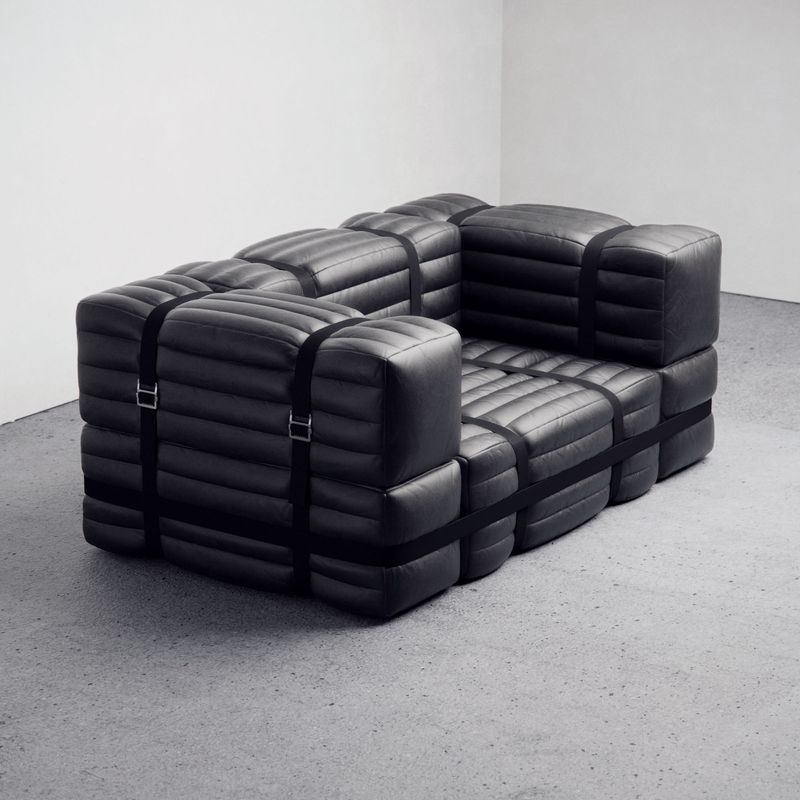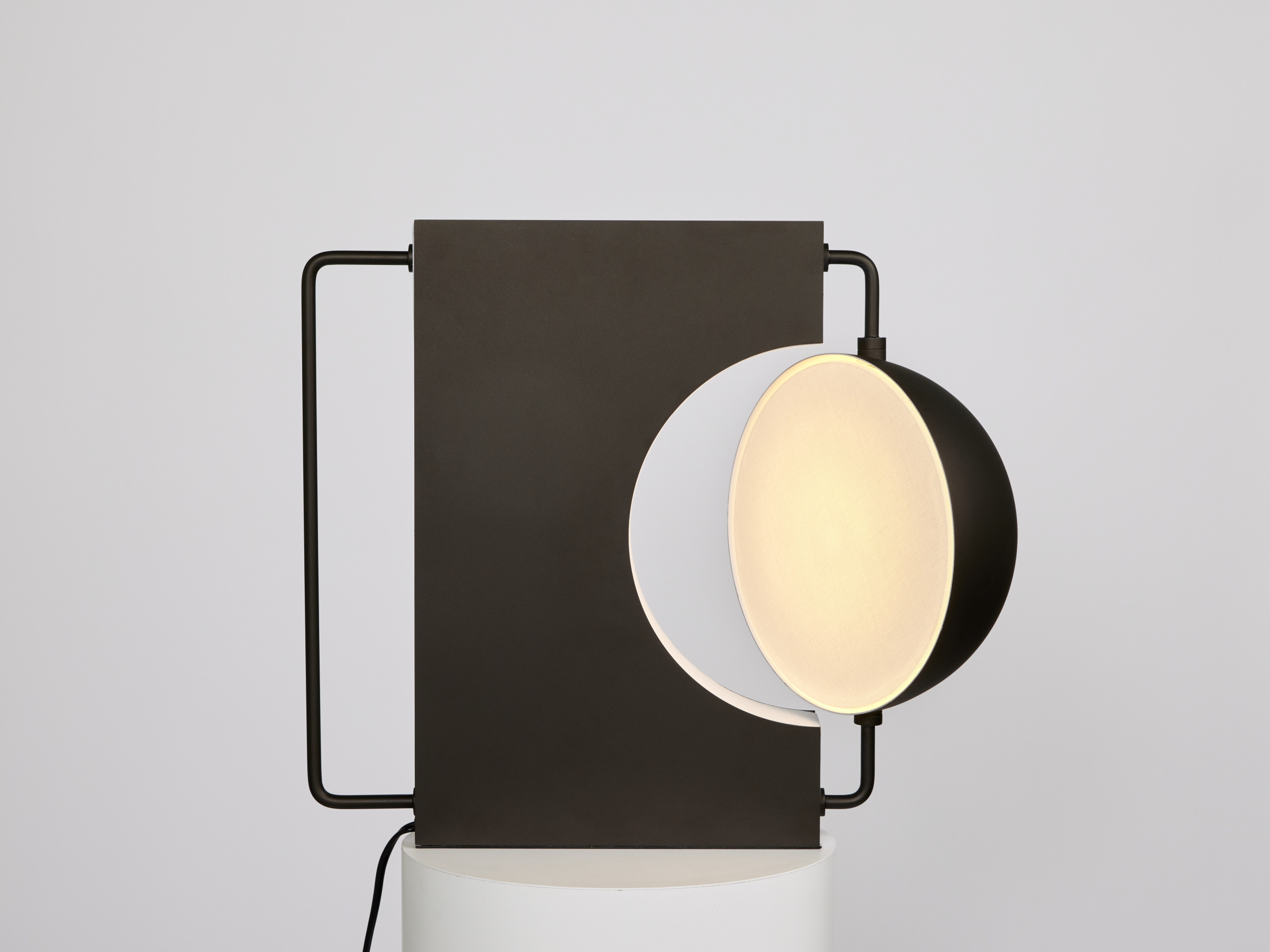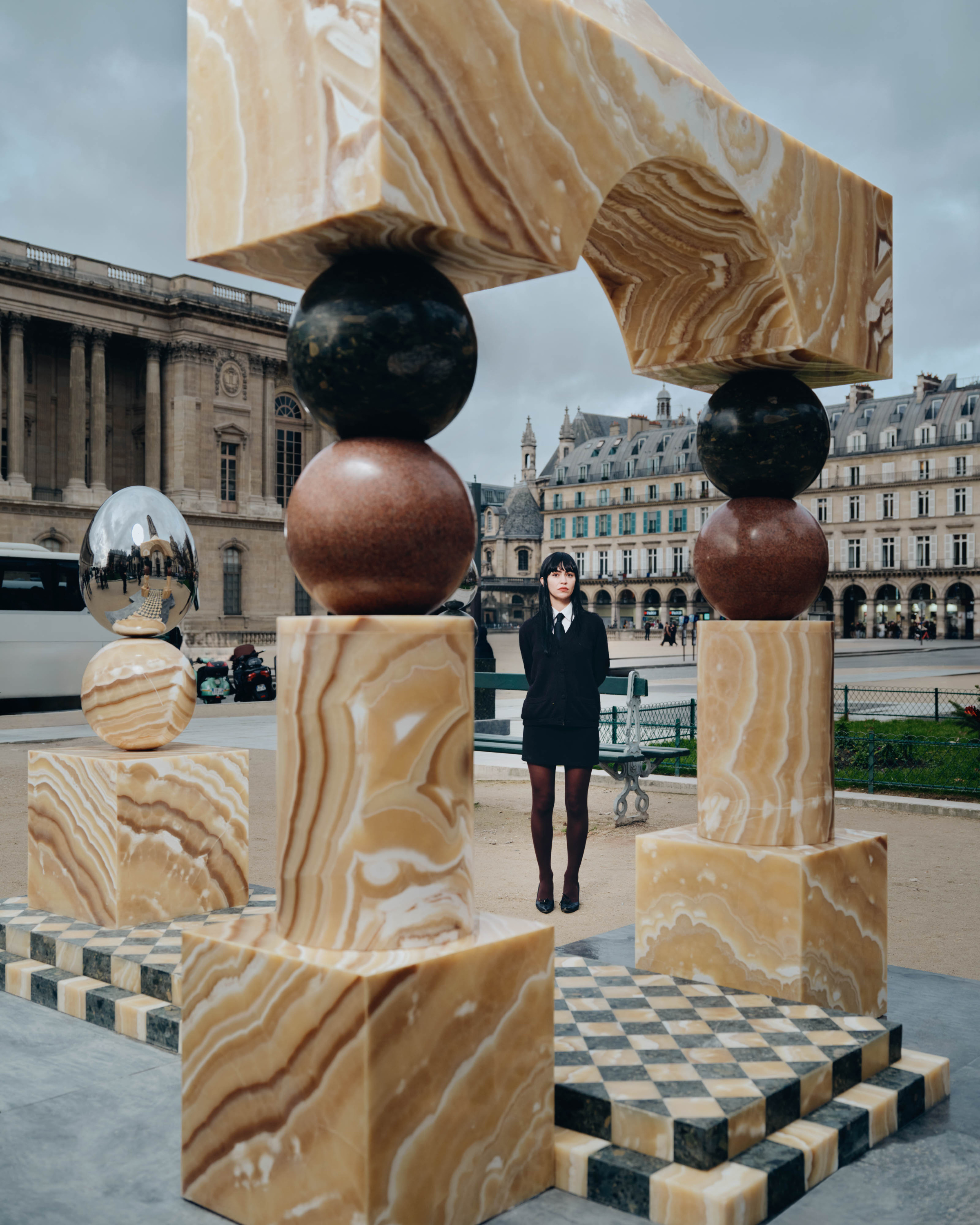Growing up in the hardcore scenes of Baltimore and D.C., the members of Turnstile saw firsthand how to foster a community beyond music. Between running an independent record label, friends designing merch, being part of the skateboarding scene, and making people feel welcome at shows, collaboration is in everything the band does. It’s a formula that’s made Time & Space, Turnstile’s 2018 LP, one of the year’s most striking albums. Atop a foundation of ’90s NYC hardcore, the Baltimore quintet adds dive-bombing rock and roll solos, R&B keys, and infectious melodies. Percussive add-ons bulk up the rhythm section while the croons of bassist Franz Lyons complement the screams of vocalist Brendan Yates. That’s all before a few guests, including Diplo, further diversify an album that smokes through 13 tracks in 25 minutes. We spoke with Yates—the group’s principal songwriter—about inspiration, the group’s “no parameters” mentality, and treating a band like a romantic relationship.
Take me through the creative process of writing a Turnstile song.
I’ll create a shell of an idea, or the shell could be a full song without lyrics. Or it could be a couple of words everyone builds something around. Once I have that, I’ll build the base and bring it to everybody. It’s cool to have people help you facilitate your idea. Brady [Ebert], our guitar player, lives up the street, and [drummer] Daniel [Fang] lives 10 minutes away, so we’re always on call if we want to jam something out. [When] everybody wants to go in a bunch of directions, if someone’s idea doesn’t get sought out, it creates friction. For most bands I’ve been in, there’s usually one person who takes on a responsibility to facilitate ideas.
Do you foresee collaboration as a big part of the band’s future?
We never really reach out to someone disconnected from the band; when we do, it’s someone who’s in the studio already or someone we know and we’re like, “Hey, I think it would be cool if you did this.” That’s the exciting part about making a record. In the recording process, things pop up—like, “Oh, it would be sick if we get our friend to come in and sing these backup parts.”
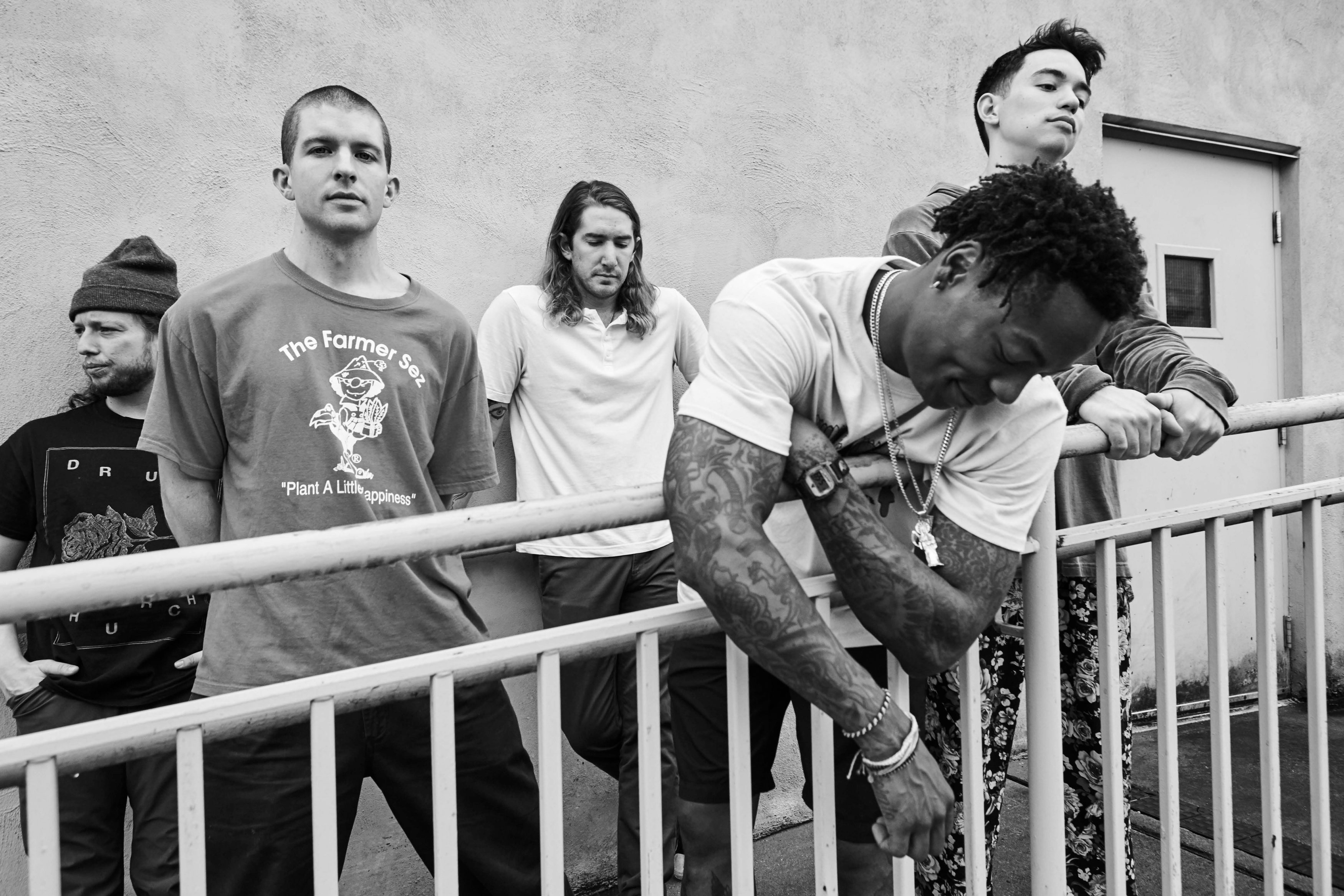
Courtesy Turnstile
You’ve said there are no parameters in your music. Can you talk about the freedom that comes with no expectations?
From the get-go, if you set yourself in a box, it makes it a little harder to step outside of it later on. Not that it’s ever too late, but it’s always cool to be open-minded to listening to your instincts.
Melody is a big thing [for us] to embrace. Just to be comfortable in the things that make you excited as a musician and truly influence you and being able to channel that into what you’re making without being like, “Aw, I love this, but it’s not what this boxed-in project is.”
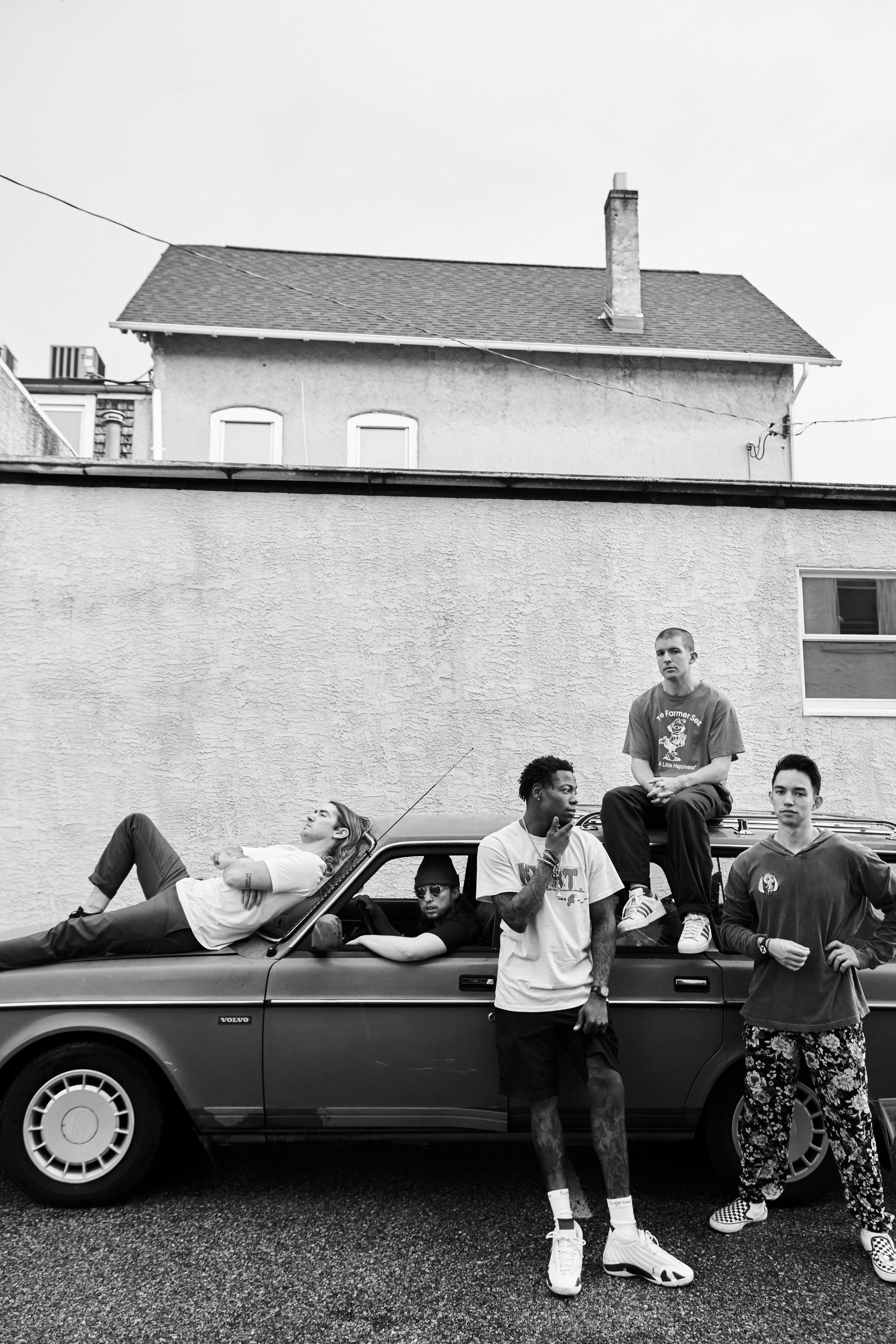
Courtesy Turnstile
Tell me more about drawing inspiration from different sources.
Daniel and I are both drummers; Franz is originally a drummer, too. We’re always excited about percussion, and Washington, D.C., has a big go-go scene—that’s something we grew up listening to. Skateboarding videos were a big door to music for us growing up. And I recently started playing chess. It’s a cool way to exercise your mind and see things from different angles. In a way, it’s all connected to how you process the things you do creatively.
How does being a group of close friends affect the band?
It’s like the pressure of a serious romantic relationship spread across five or six people. Everyone has to adjust and be fluid—creatively and schedule-wise. It’s a delicate thing, and you’re spending so much time together. Unless you’re getting along, it’s hard to spend so much time traveling and playing music. When you’re making music, there are always people who butt heads. We’re fortunate—before the band even started, we’d all pretty much grown up together. Not to say there aren’t problems. The only time you’re alone on tour is when you go to the bathroom, and even then, people are busting in to brush their teeth.
